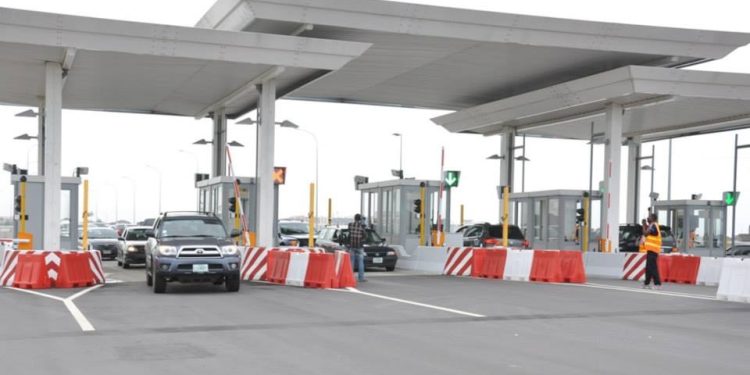The Ministry of Roads and Highways has initiated the process of reintroducing road tolls, inviting qualified Ghanaian private sector entities to submit tenders for pre-qualification. The project, under the Public Private Partnership Act, 2022 (Act 1039), aims to modernize tolling infrastructure across the country, increasing toll collection points from 39 to 65, while leveraging advanced technology to enhance efficiency, transparency, and revenue generation.
Procurement process and eligibility
The Ministry’s Head of Public Relations, Nasir Ahmad Yartey, confirmed the commencement of procurement procedures.
“We are beginning the procurement process, where we are inviting Ghanaian-owned companies or a consortium that is led by Ghanaians. At least they should prove that the Ghanaians have about 51 per cent in that consortium,” he told the Daily Graphic yesterday.
To ensure efficiency, bidders will undergo a pre-qualification phase, where authorities will assess the technical, financial capacity, and legal status of firms.
Scope of the project
The successful bidder will be responsible for mobilizing capital to modernize the tolling system.
“They will undertake the design and construction, including engineering, installation of toll gantries/plazas, and related infrastructure,” Yartey explained.
On operations and maintenance, the selected bidder will oversee toll collection and related road and bridge management to ensure system reliability. Furthermore, they must implement robust revenue collection systems to maximize efficiency and minimize leakages.
Technical requirements
Bidders must meet strict technical criteria, including completion of at least five multi-lane free flow tolling systems consisting of a minimum of 20 zones within the last five years. They must have successfully executed at least five projects with a centralized toll management system covering 10 toll points, and at least five projects with electronic payment systems processing a minimum of 300,000 transactions daily. Additionally, they should have completed at least five similar projects with a contract value of at least $30 million over the past five years.
Deadline and implementation timeline
The deadline for bid submissions is June 19, 2025, with the entire procurement process expected to conclude by the end of July.
“We see that toll collection is one sure way to raise revenue for road maintenance and construction in this country,” Yartey emphasized, adding that the government is committed to blocking revenue leakages that characterized previous systems.
Addressing traffic and fairness concerns
A key focus of the reintroduction is eliminating congestion at tolling points.
“We want a system that will help us remove traffic or queues at the tolling points. That is why we say we want it to be a traffic-free system,” Yartey noted.
Additionally, he highlighted concerns over fairness in toll distribution.
“So, previously, if you had a poor farmer or trader coming from Kasoa to Accra or a driver, that person always paid toll. But someone living somewhere at East Legon, where we have some of our best roads, might not pay at all if they haven’t traveled outside Accra for a month and that isn’t fair,” he stressed.
A technology-driven future
Unlike previous toll collection systems, the reintroduced tolls will not involve physical collection infrastructure.
“But at least what we have stated is that we want a free-flowing traffic tolling system, where people don’t have to stop and pay a toll,” Yartey explained.
The government has set a timeline to ensure tolling resumes within the year. “It is the government’s policy that this year, the reintroduction of tolls would start, and we are working toward that timeline,” he affirmed.
Previous suspension of road tolls
The reintroduction of tolls follows their suspension in November 2021, when the government announced an immediate halt to toll collection across the country. At the time, authorities cited concerns over traffic congestion and inefficiencies in revenue management as key reasons for the decision. The suspension was part of a broader fiscal strategy, which introduced the Electronic Transfer Levy (E-Levy) as an alternative revenue source.
Despite the government’s justification, the removal of tolls sparked extensive debate, with critics arguing that the E-Levy failed to adequately replace lost toll revenue, leading to shortfalls in funds for road maintenance. Others pointed out that the absence of toll collection further strained infrastructure financing, making road rehabilitation efforts more challenging.
By reviving road tolling, the government aims to modernize the system, improve transparency, and ensure sustainable funding for critical road projects.




